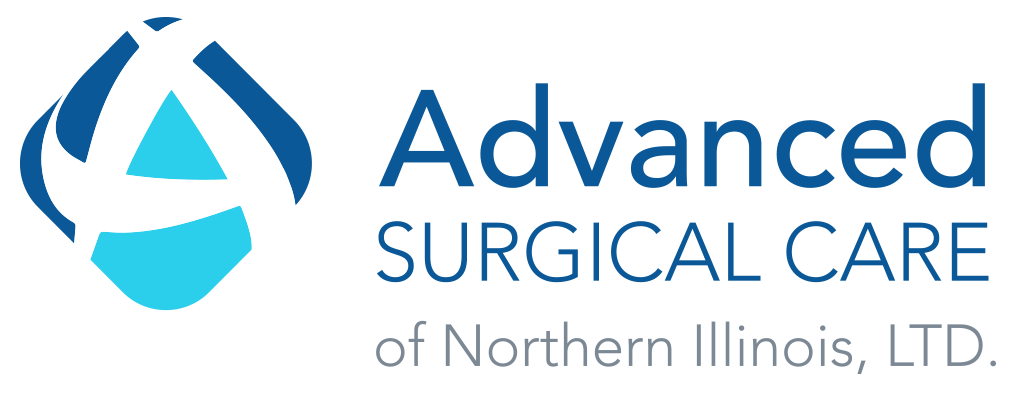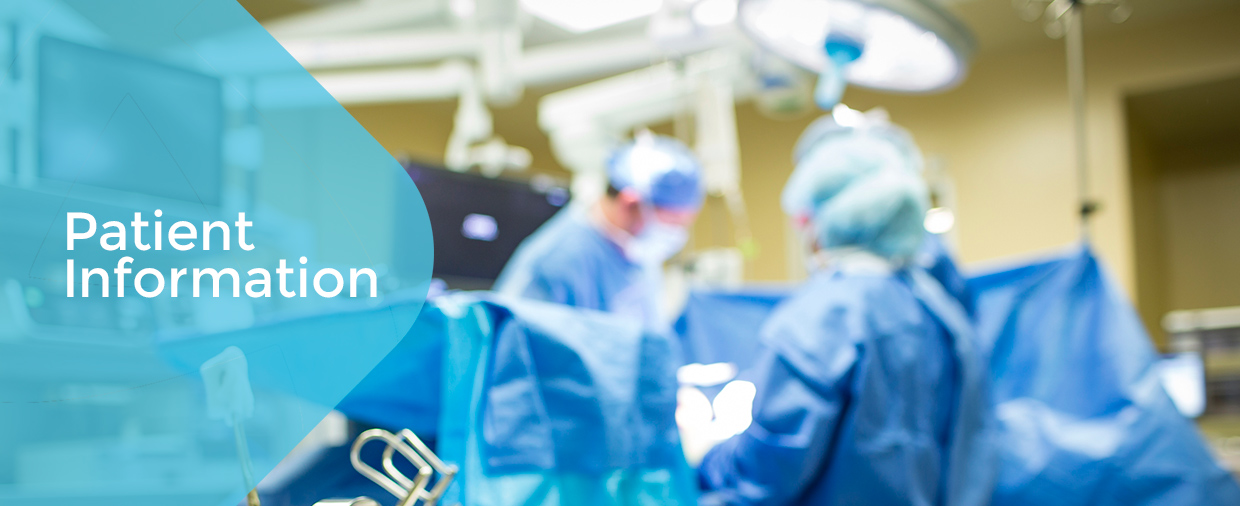Pain Control
It is not uncommon to have discomfort over the first 2-3 days after your operation. You will be prescribed a NARCOTIC pain medication to help control this pain (Vicodin, Norco, etc). While this medication can be quite effective, it often causes unpleasant side effects including nausea, light-headedness, constipation, etc. Therefore, it is best to limit these medications, and as an alternative, we encourage you to use an ANTI-INFLAMMATORY (either Aleve, Naprosyn, Advil, Motrin or Ibuprofen). These medications can be very effective for controlling your pain as long as you don’t have any sensitivities to these medications or any interactions between this class of medication and any of your current medications. We suggest you use this medication “around the clock” for the first 4-5 days, following the dosing guidelines listed on the over-the-counter bottle. If necessary, you may take both the NARCOTIC and the ANTI-INFLAMMATORY together.
Wound Care
Your incisions are closed with absorbable suture covered with a special glue that is waterproof. Under some circumstances, gauze will be placed over your incisions and may be held in place by a “breast binder” – a cotton tube top with a Velcro closure in front. You may shower or bathe as soon as the first day after surgery. The glue will begin to flake off 2-3 weeks after surgery. After your first shower, wear the binder, your regular bra, or a sports bra-whatever is most comfortable. Some women find it comfortable to wear something at night. You may need a specialty garment depending on the location of your incision, and we will help you to obtain this. Expect some swelling and bruising around your incisions, this will resolve over a few weeks. Blue dye for the sentinel lymph node biopsy may cause some bluish discoloration of your breast and will turn your urine blue. While the changes to your urine will resolve in 48 hours, any changes in the breast may take several weeks.
Activity
Please continue your “activities of daily living” with your operated arm but refrain from lifting more than 15 lbs. for the first few weeks. If more than 6 lymph nodes were removed, your surgeon will explain exercises at your post-op check. Most patients can drive within one week after surgery, as long as you have not used any narcotic pain medication for 48 hours.
Diet
There are no diet restrictions after surgery, although some people may experience nausea from the anesthesia and or pain medication.
Return to Work
Everyone’s recovery and job is a little bit different-therefore, we like to tailor our recommendations around your specific situation. In general, if you have a “desk job” you may return to work in 5-10 days. If your work requires significant lifting, you may be cleared for “light-duty” in 5-10 days but may not return to full activity for 3 weeks. We will complete all necessary paperwork for your work to justify this time off. Please contact our office staff to help assist with this process.
Travel
We recommend no airline travel for 2 weeks after surgery.
Post-Operative Questions
Please contact our office to arrange for an office visit after surgery. Our clinical staff is available Monday through Thursday from 8am to 5 pm and Friday from 8am to 4pm to answer any questions. In the event of an emergency, our physicians are available 24/7.
L.Dex
Patients can call the Rehab Services Department to schedule a pre- or post-op appointment with a Physical or Occupational Therapist at Advocate Good Shepherd Hospital for a lymphedema surveillance evaluation. The therapists can be reached at 847-620-4571.







